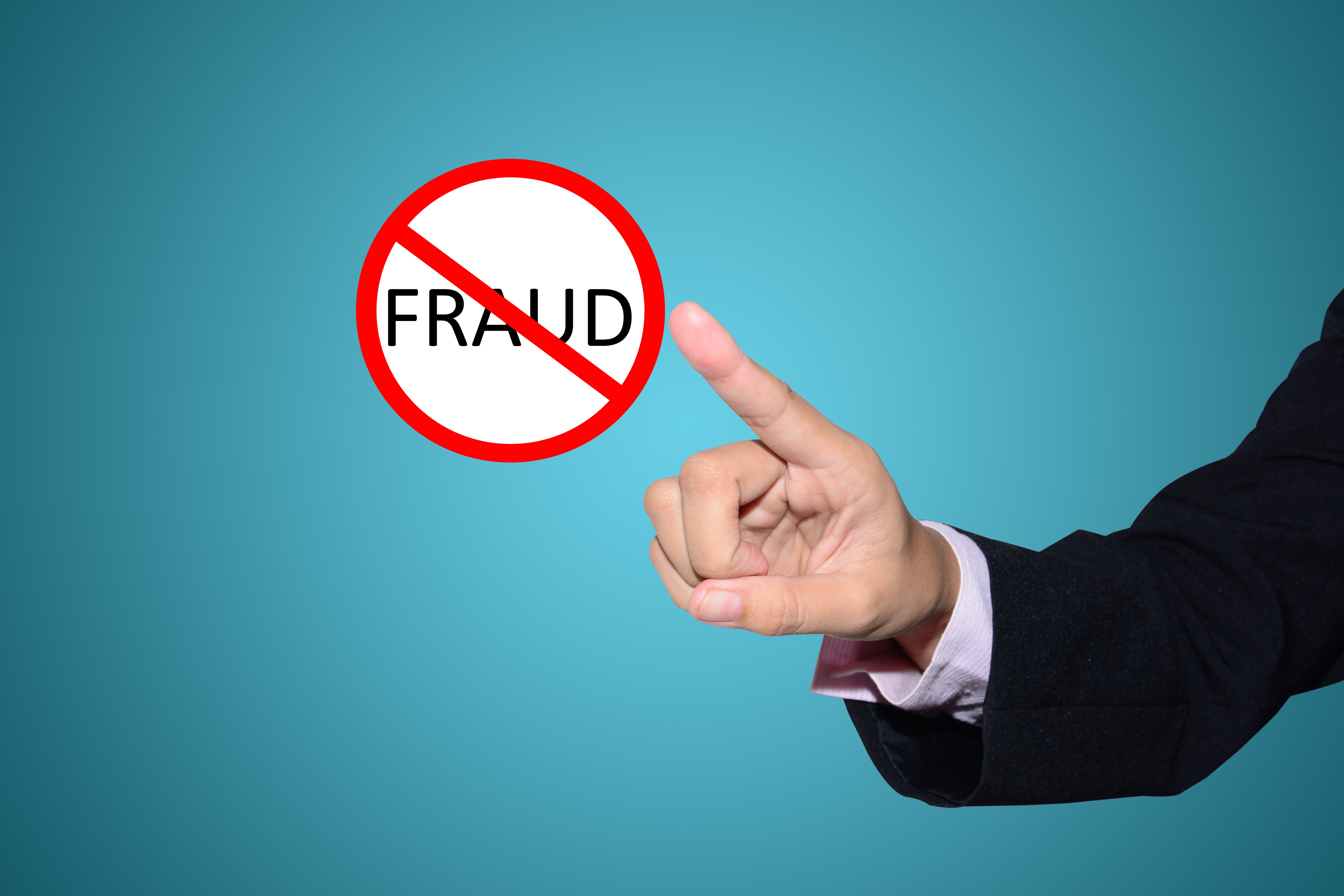This post was originally shared on LinkedIn and is republished here with permission.
Economic fraud comes in many forms, from bribery, corruption and money laundering to insider trading and financial reporting fraud. Technological advancements have increased the number of opportunities to commit fraud—as well as created innovative new ways to perpetrate and hide it. As a result, there’s been an uptick in reported incidents over the last two years.
It’s clear that CEOs play the key role in setting ethical expectations of a company’s employees, which has a domino effect on management and employees. The real questions for directors are: How can they possibly know what the true tone at the top and overall culture is at their company? And what role do they have in deterring company fraud, an occurrence that can destroy the company’s brand and bring it to its knees? Directors can probably have more impact on deterring fraud than many would believe, and this responsibility typically falls to audit committees, given their financial reporting and regulatory compliance oversight responsibilities. So what should they be doing?
In the most recent edition of PwC’s Audit Committee Excellence Series, Achieving Excellence: The Audit Committee’s Role in Deterring Fraud, we explore what audit committees can do to help to deter fraud. I want to point out some key considerations that will allow them to maximize their contribution in this critical area.
Doing something about the risk
Audit committees need to understand that the level of interest they exhibit in a particular area will drive behaviors. By simply asking questions and requesting information about tone and fraud deterrence, management will generally respond with more emphasis on and consideration to the topic. If they believe the audit committee is concerned, they will pay attention. And the information directors request when evaluating and influencing tone can be a strong reminder to management. We suggest they consider a variety of possible metrics, observations and information including:
- Employee satisfaction surveys
- Exit interview comments / data (15 percent of directors now do this)
- Peer feedback through annual assessments (25 percent of directors now do this)
- Candor versus overly scripted meetings — CEO communications messaging the importance of ethics and compliance and proper behavior
- Lack of rotation of international finance heads in certain locations – Internal and external auditor input Board-level discussions about tone (68 percent of directors now do this)
- Board discussions about insider trading controls (44 percent of directors now do this)
Regulatory environment
The Dodd-Frank whistleblower rules have also added a new set of dynamics to deterring fraud and have caused many companies to rethink their approach to handling internal allegations of wrongdoing. An effective compliance program monitored by the Board may be a mitigating factor in a prosecutor’s decision to charge a company with wrongdoing and may reduce the amount of fines the company may face due to criminal action on the part of employees or third-party providers. Audit committees should consider the following:
- Requesting periodic updates on the external enforcement environment and the company’s fraud training and prevention programs
- Being familiar with the U.S. Federal Sentencing Guidelines requirements for effective compliance programs
- Understanding the nature and volume of allegations reported to the whistleblower hotline, noting that no complaints could be a sign that employees are not encouraged to report
- Appreciating that most employees do not report misconduct to the hotline, but instead to the immediate supervisor. Consequently, the company needs to educate a broad group of supervisors and managers on the importance of elevating complaints
- Focusing specifically on bribery and corruption controls; sanctions in this area have never been higher (39 percent of directors now do this)
For a deeper overview of this topic and additional areas of fraud to consider, read PwC’s Audit Committee Excellent Series: Achieving Excellence: The Audit Committee’s Role in Deterring Fraud.



 Paula Loop is the leader for PwC’s Governance Insights Center. With more than 20 years of experience at PwC, Paula brings extensive knowledge in governance, technical accounting and SEC and financial reporting matters to both organizations. Paula is a Certified Public Accountant licensed in New York and is a graduate of the University of California at Berkeley with a B.S. in Business Administration.
Paula Loop is the leader for PwC’s Governance Insights Center. With more than 20 years of experience at PwC, Paula brings extensive knowledge in governance, technical accounting and SEC and financial reporting matters to both organizations. Paula is a Certified Public Accountant licensed in New York and is a graduate of the University of California at Berkeley with a B.S. in Business Administration. 








